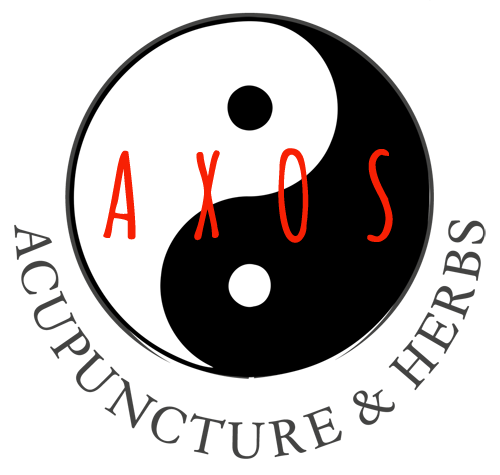Acupuncture and Sleep
Perhaps as old as three millennia, acupuncture is an ancient Chinese medicine practice that’s practiced in both Eastern and Western cultures as a way of relieving pain and nausea. Acupuncture is often used as a natural treatment for a host of disorders that can interfere with sleep or cause insomnia, such as depression and anxiety.
Almost 7 percent of Americans have tried acupuncture at least once, and nearly a quarter of those have seen an acupuncturist within the last year, according to the latest numbers from the 2007 National Health Interview Survey.
Acupuncture is also often used to alleviate symptoms of insomnia, sleep apnea, and feelings of stress and anxiety which can interfere with sleep.
In traditional Chinese medicine, acupuncture employs needles to help balance your flow of qi (or chi) throughout your body. Needles are strategically placed in specific points along 14 meridians – or qi pathways – in your body in order to rebalance your energy flow. When qi gets stuck, it can cause pain, discomfort, reduced bodily function, or illness. Strategic placement of the needles releases the blockage and allows energy to flow as your body’s natural healing process kicks in.
Western practitioners rely on acupuncture as a way to naturally stimulate your body’s pain relief functions and increase your blood flow, by stimulating nerves, muscles and tissue at these specific pressure points, which are known as acupoints.
While many Western doctors remain skeptical of acupuncture’s ability to treat specific diseases, it is recognized by the National Institutes of Health as a viable option for general pain treatment.
Acupuncture for insomnia
Multiple studies have demonstrated acupuncture to be an effective treatment for insomnia. Acupuncture lessens anxiety, stimulates melatonin production, induces sleep onset, and reduce sleep disruption and arousal during the night. All of these effects amount to an overall increase in total sleep time. In some instances, acupuncture is used as a treatment not for insomnia itself, but for pain from other physical conditions that in turn make it difficult to fall asleep at night.
In traditional Chinese medicine, acupuncture addresses the following qi-related issues that cause insomnia:
SLEEP ISSUE TREATED BY ACUPUNCTURECLASSIC CHINESE EXPLANATION
1. Difficulty falling asleep (sleep onset insomnia) - Yang qi is blocked from yin qi, so the body is unable to relax completely.
2. Interrupted sleep, waking during the night - Heat is trapped in the body.
3. Waking up too early - Yin energy is blocked in the kidneys.
4. Vivid nightmares - Too much energy in the heart, or not enough in the liver.
5. Extreme insomnia - Blood issues in the spleen or liver.
By applying needles to various acupoints, acupuncture activates your parasympathetic system, the part of your nervous system that encourages your body to rest and digest. Below is a list of the acupoints that provide relief for insomnia and other sleep-related issues.
There are also specific meridians (qi pathways) tied to sleep, which include:
1. Heart meridian - Anxiety - Sleep onset and sleep-maintenance insomnia
2. Spleen meridian - Worry - Waking up at a similar time every night
3. Liver meridian - Anger and stress - Waking up in the first half of the night
4. Lung meridian - Grief - Waking up in the second half of the night
Acupuncture and sleep apnea
Sleep apnea describes sleep-disordered breathing where an individual stops breathing during sleep, whether due to a blocked airway caused by obesity, a brain condition, or physical abnormality. Sleep apnea causes snoring and may cause the person to gasp or choke, rousing them from sleep during the night.
Acupuncture assists individuals with sleep apnea by stimulating the muscles and tissues of their airways, so they’re stronger and less likely to collapse during sleep, causing the apnea. In particular, auriculotherapy acupoint pressure can alleviate symptoms of sleep apnea by stimulating muscles around the ear as well.
One recent study of 362 individuals has shown acupuncture to be just as good – or better – than CPAP machines or chin devices. This may come as welcome relief for individuals who have partners or are themselves roused by the noise of the machine. However, this is only one study, and additional studies have yet to replicate the results.
Acupuncture for sleep apnea focuses on strengthening the tongue muscle so as to prevent it from subsiding and blocking the airway during sleep. A ten-week treatment program in a Brazilian study reported strengthening patient’s tongues by 3 to 4 times and reducing apnea-related symptoms by half.
Source Listed Below
https://www.tuck.com/acupuncture-and-sleep/
